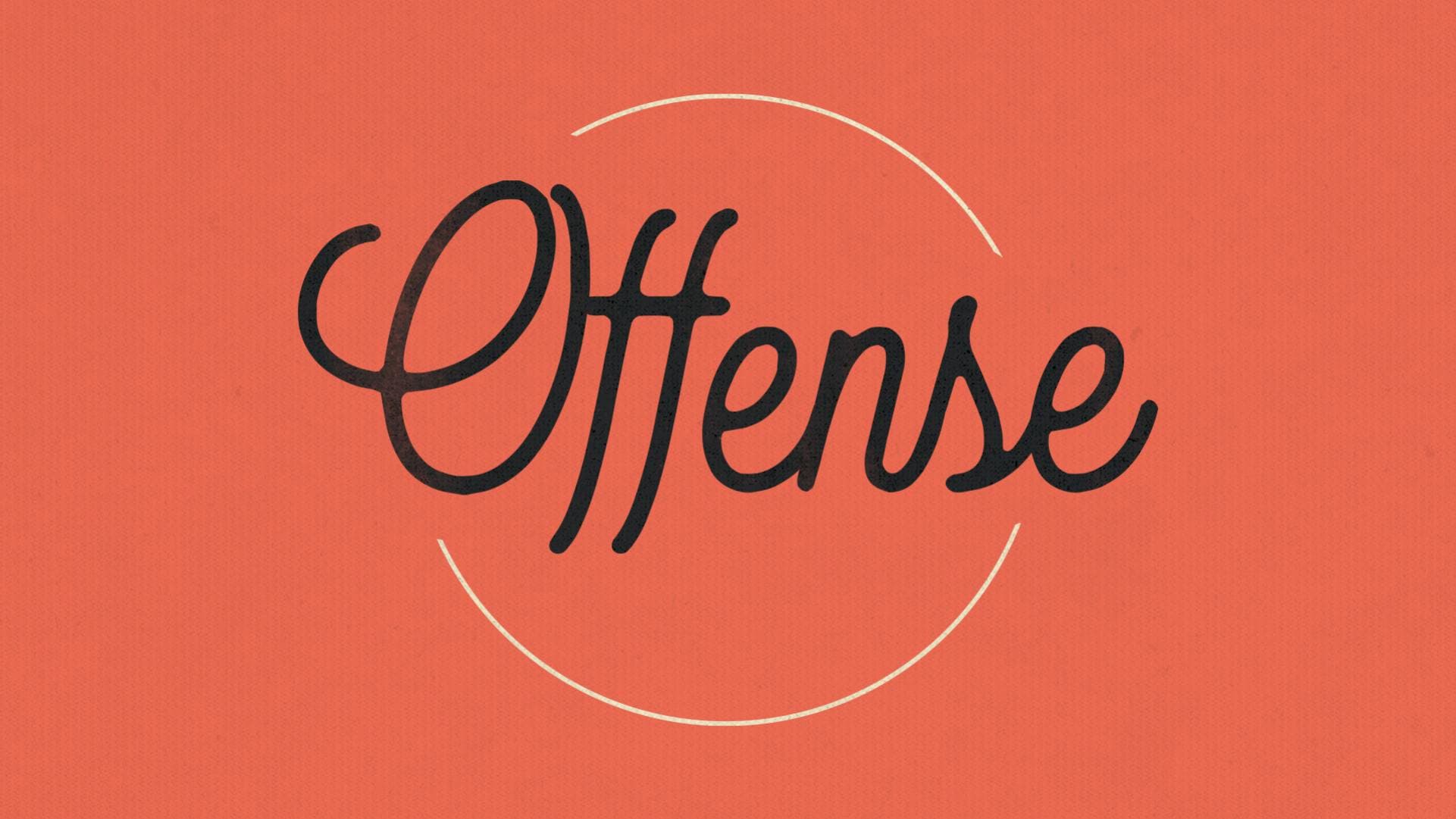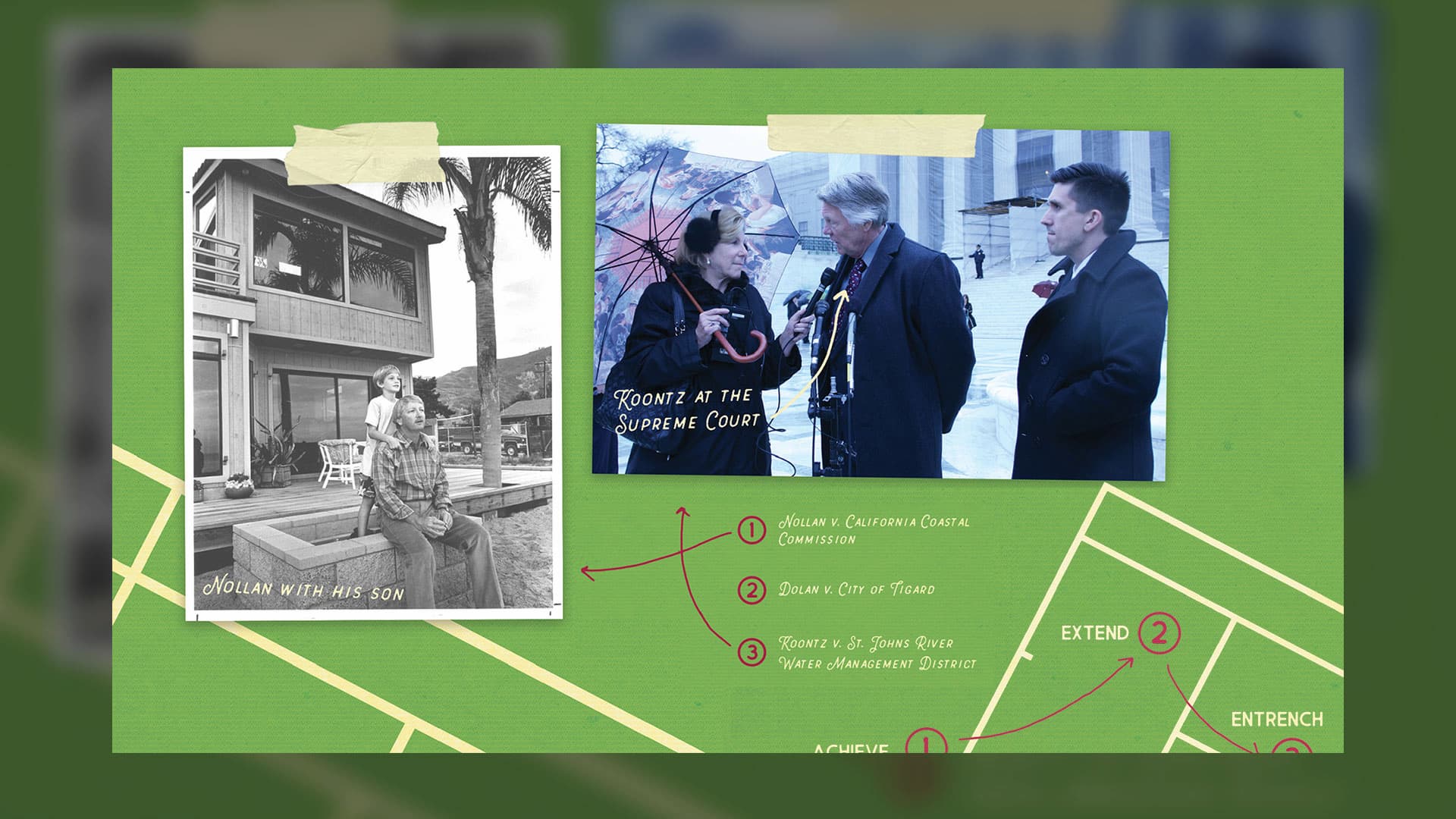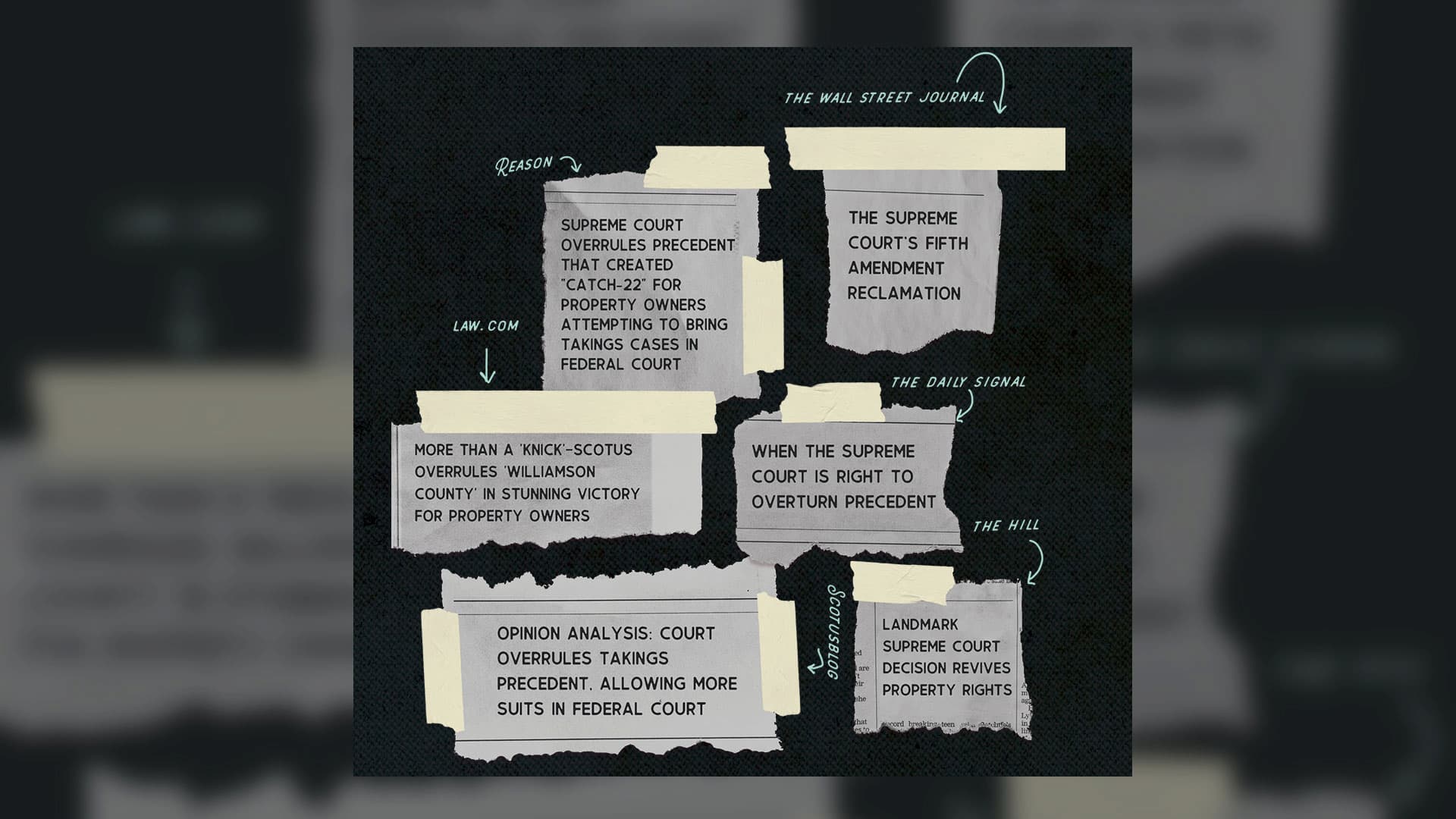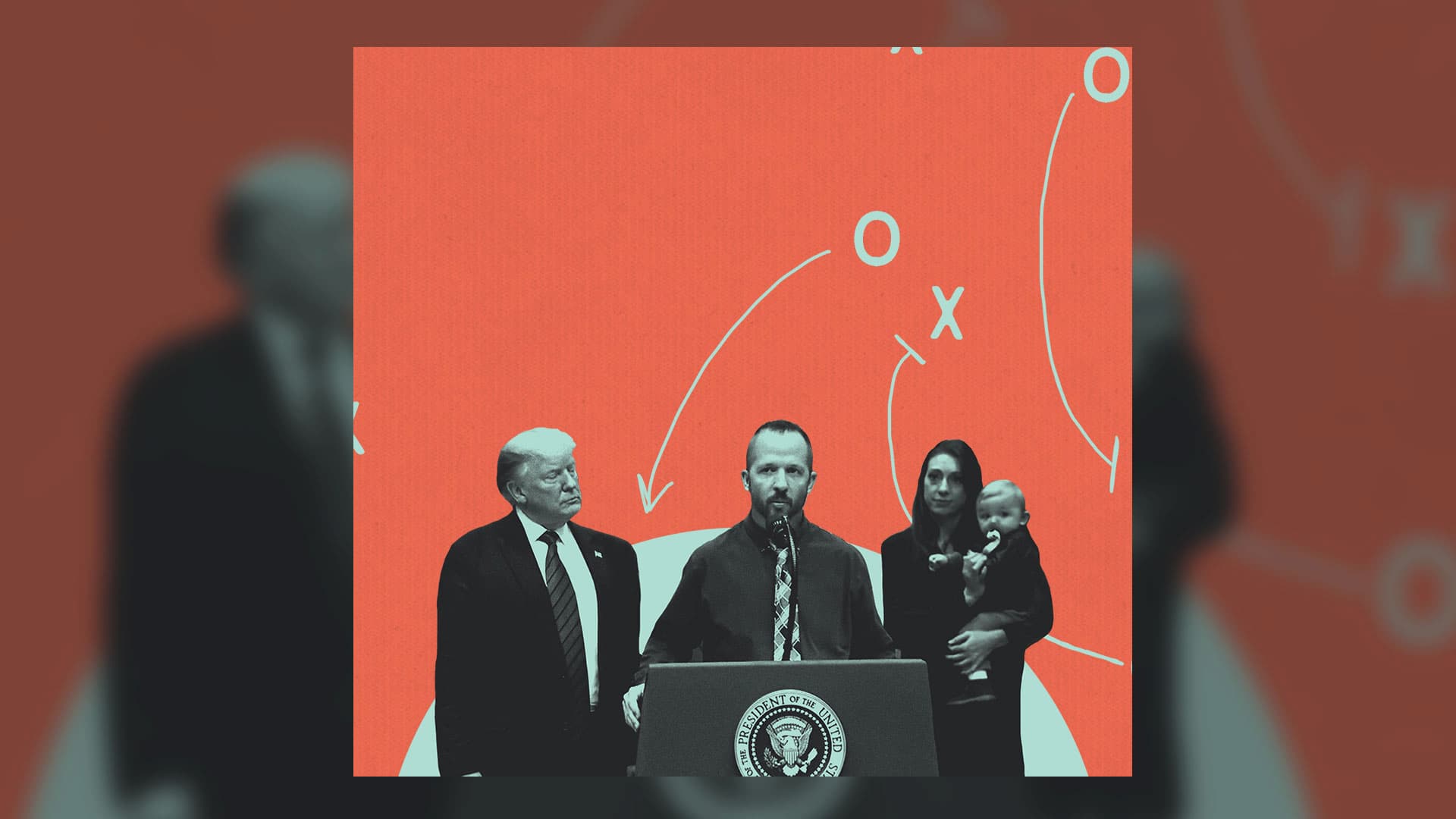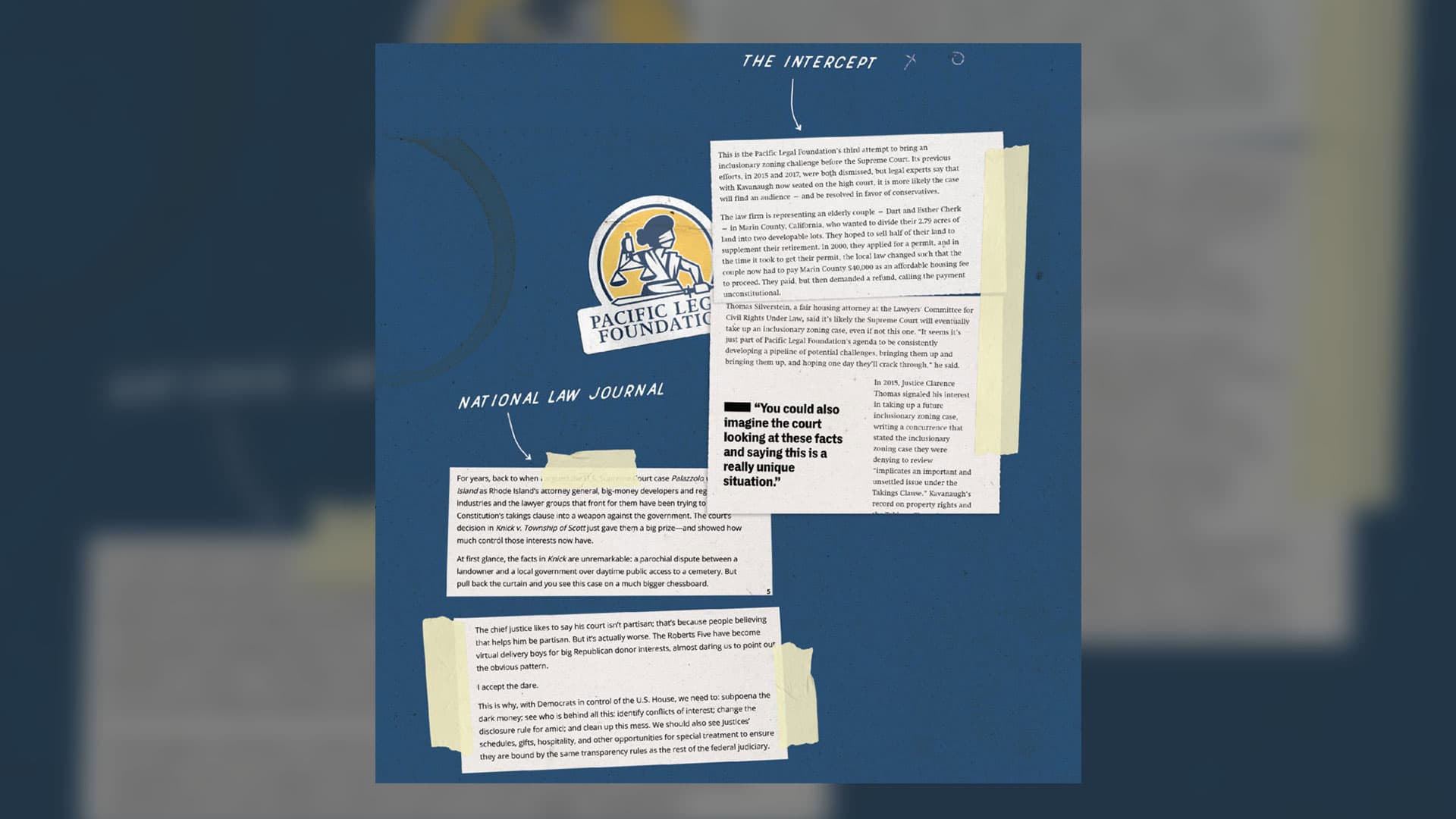Legal precedent changes slowly, by increments. Good public interest lawyers must therefore be persistent.
2020 | Winter Issue
Playbook
Here's what it takes to win against the government in court.
what’s inside
Stories of liberty and justice
Sword&Scales is a quarterly magazine with in-depth stories about liberty, equality, and justice. Published by Pacific Legal Foundation, a public interest law firm with a winning record at the Supreme Court, Sword&Scales features narratives from history, courtroom showdowns, and the real experiences of people fighting for their rights.
Subscribe for the Latest Issue
Pacific Legal Foundation is a 501(c)(3) nonprofit organization. © Pacific Legal Foundation, 2024.
